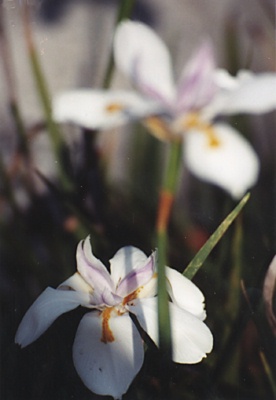All Nonfiction
- Bullying
- Books
- Academic
- Author Interviews
- Celebrity interviews
- College Articles
- College Essays
- Educator of the Year
- Heroes
- Interviews
- Memoir
- Personal Experience
- Sports
- Travel & Culture
All Opinions
- Bullying
- Current Events / Politics
- Discrimination
- Drugs / Alcohol / Smoking
- Entertainment / Celebrities
- Environment
- Love / Relationships
- Movies / Music / TV
- Pop Culture / Trends
- School / College
- Social Issues / Civics
- Spirituality / Religion
- Sports / Hobbies
All Hot Topics
- Bullying
- Community Service
- Environment
- Health
- Letters to the Editor
- Pride & Prejudice
- What Matters
- Back
Summer Guide
- Program Links
- Program Reviews
- Back
College Guide
- College Links
- College Reviews
- College Essays
- College Articles
- Back
"Snake"; D.H. Lawrence
“Snake”, a poem by D.H. Lawrence, talks about how nature is sacred and no one has the power to take that away from him. His use of imagery in this poem is amazing. An example of very powerful imagery is in the ninth line where everyone should really picture how the snake, "..trailed his yellow-brown slackness soft-bellied down, over the edge of/the stone trough…" and feel the softness of his belly. Another example of imagery is where you could hear the silence as he, "Softly drank through his straight gums, into his slack long body,/ Silently" As well as imagery, theme is also shown various times throughout the poem.
There is one main theme throughout this poem; everything in nature is sacred. Although in Sicily one is ordered to kill these snakes, D.H. Lawrence does not because he grows fond of them and believes that although the snake is venomous, it is still part of nature. In literature and throughout history snakes are viewed as a bad omen and a sign of evil, such as in the story of Adam and Eve, but D.H. Lawrence believes that they mean no harm. This is what is very interesting about his poetry because even though he knew many would scrutinize this poem for adoring snakes, viewing them as, "…one of the lords Of life.", and how he, "…felt so honored." in its presence, he still wrote it.

Similar Articles
JOIN THE DISCUSSION
This article has 2 comments.
